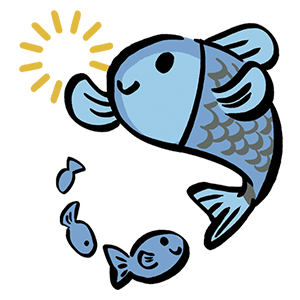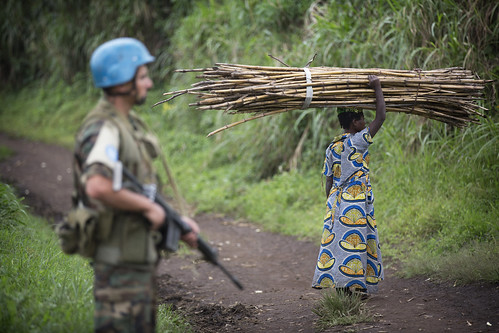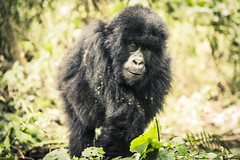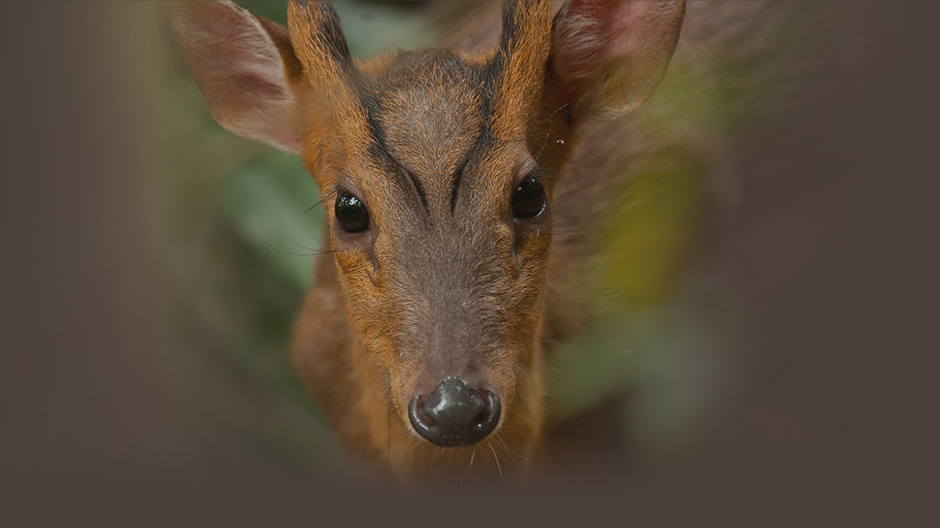聯合國環境規劃署(UNEP)指出,靠走私自然資源謀利的犯罪組織,讓剛果民主共和國東部區域衝突延燒20年,賠上數百萬人的性命。
環境犯罪未解 剛果和平仍堪慮
儘管有聯合國穩定任務團(MONUSCO)協助駐地協助,剛果民主共和國政府仍面臨跨國武裝犯罪集團政治叛亂和大規模自然資源走私的威脅。
UNEP 16日發表的報告指出,每年有總價值13億的美元黃金、礦物、木材、木炭及象牙等野生動物製品遭到剝奪,走私至衝突區域外和東剛果周邊地區。
證據顯示,至少有25個威脅東剛果和平穩定的武裝集團從中獲利。報告呼籲,以聯合行動遏止走私和武裝犯罪集團。
自然資源走私 98%「供養」跨國犯罪集團
這份報告由UNEP、MONUSCO和大湖區特使辦事處(OSESG)共同編撰,蒐集來自聯合國毒品和犯罪問題辦事處、國際刑警組織、聯合國剛果民主共和國專家小組、剛果民主共和國機關和非政府組織的專業意見。
專家估計,走私獲利的10至30%──約每年7200萬至4億2600萬美元──進入位於東剛果外的跨國組織犯罪網路中。
約98%的自然資源走私淨利──尤其是黃金、木炭和木材──進入東剛果內外的跨國組織犯罪網路中。相對的,剛果的武裝部隊只留下2%的淨利──約每年1320萬美元。這筆資金每年就資助了8,000個武裝份子,讓被擊敗的或失去武裝的集團能夠不斷再起,讓區域持續動盪不安。
該區域擁有全世界數一數二的自然資源和受威脅物種。而當地極度瀕危的山地大猩猩,因國家公園巡守員干預維龍加國家公園(Virunga National Park)境內的非法木炭走私,被當做挾怨報復的對象。
報告更指出,跨國組織犯罪網路「區隔並統治」東剛果的武裝集團,不讓任何一個集團取得優勢地位。
聯合國最大維和任務:切斷盜獵和跨國集團連結
MONUSCO是聯合國最大的維和任務,有20,000軍警人員。MONUSCO領袖、秘書長特別代表Martin Kobler說:「落入犯罪集團手上、被用於助長區域衝突的資源,原本可以用來建學校、鋪路、蓋醫院,給剛果人民更好的未來。」
專家建議MONUSCO,應透過強化資訊分享和分析能力、改善剛果國家警察和司法系統調查和起訴環境犯罪的能力,削弱武裝集團和跨國犯罪網路的聯繫。
MONUSCO也應加強和剛果野生動物總署的合作,確保保護區和世界遺產的自然資源不被剝奪,甚至變成武裝集團的「樂園」。
最後,專家建議MONUSCO持續倡導法律和財政改革,建立自然資源的合法開採制度,尤其是小規模金礦開採、伐木和木炭生產,和雙邊與多邊發展夥伴合作。
Organized crime funded by illegal trade in natural resources is fueling the 20-year-long conflict in the eastern Democratic Republic of the Congo, DRC, that has cost the lives of several million people, the United Nations Environment Programme reports.
The DRC government, supported by the UN Organization Stabilization Mission in the country, MONUSCO, is confronting both a political insurgency and large-scale smuggling and laundering of natural resources conducted by militarized criminal groups with transnational links.
Released today, the report shows an increased awareness of, and response to, the growing involvement of organized crime and calls for concerted action to stop both the smuggling and the armed groups it supports.
Gold, minerals, timber, charcoal and wildlife products such as ivory, valued at up to US$1.3 billion annually, are exploited and smuggled out of the conflict zone and surrounding areas in eastern DRC, finds the report.
There is evidence that these revenues finance at least 25 armed groups that destabilize the peace and security of eastern DRC.
Jointly produced by UNEP, MONUSCO and the Office of the Special Envoy for Great Lakes Region, OSESG, the report relies on the input of experts from: the UN Office for Drugs and Crime, Interpol, the UN Group of Experts on the DRC, DRC government agencies and nongovernmental organizations.
The experts estimate that 10-30 percent of this illegal trade – between US$72 and US$426 million a year – goes to transnational organized criminal networks based outside eastern DRC.
Around 98 percent of the net profit from illegal natural resource exploitation – particularly gold, charcoal and timber – goes to transnational organized criminal networks both inside and outside DRC.
By contrast, armed groups based in the DRC retain just two percent of the net profits from smuggling – about US$13.2 million a year. This income subsidizes at least 8,000 armed fighters a year and enables defeated or disarmed groups to continuously resurface and destabilize the region.
The region holds some of the world’s richest natural resources and vulnerable wildlife. This includes the critically endangered mountain gorillas, targeted by criminal groups as retaliation for park rangers interfering with the illegal charcoal trade inside the Virunga National Park.
The report warns that transnational organized criminal networks “divide and rule” armed groups in eastern DRC to prevent any single armed group from achieving a dominant role.
MONUSCO is the UN’s largest peacekeeping mission with 20,000 uniformed personnel. MONUSCO head Martin Kobler, Special Representative of the Secretary-General said, “These resources lost to criminal gangs and fuelling the conflict could have been used to build schools, roads, hospitals and a future for the Congolese people.”
The experts recommend that MONUSCO undercut the lifelines of armed groups with links to transnational criminal networks by strengthening its information sharing and analysis capacity and strengthening the capacity of the Congolese national police and the justice system to investigate and prosecute environmental crime.
MONUSCO should also strengthen its existing cooperation with the Congolese Wildlife Authority, ICCN, to safeguard protected areas and World Heritage Sites from illegal natural resources exploitation and their use as ‘safe havens’ by armed groups.
Finally, the experts recommend that MONUSCO continue advocating for legal and fiscal reforms to formalize the legal exploitation of natural resources, particularly of artisanal gold mining, logging and charcoal production, in coordination with bilateral and multilateral development partners.
※ 全文及圖片詳見:ENS
 網站捷徑
網站捷徑





